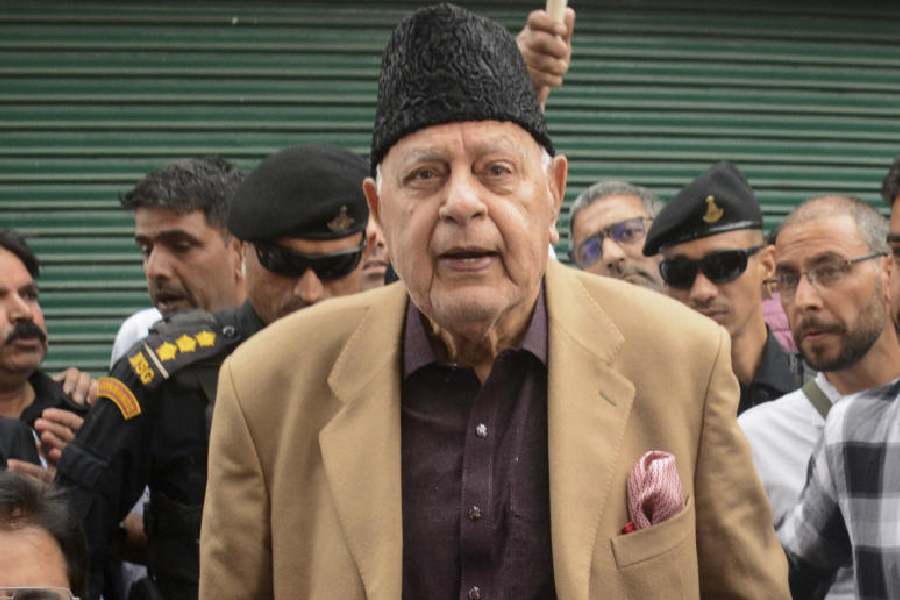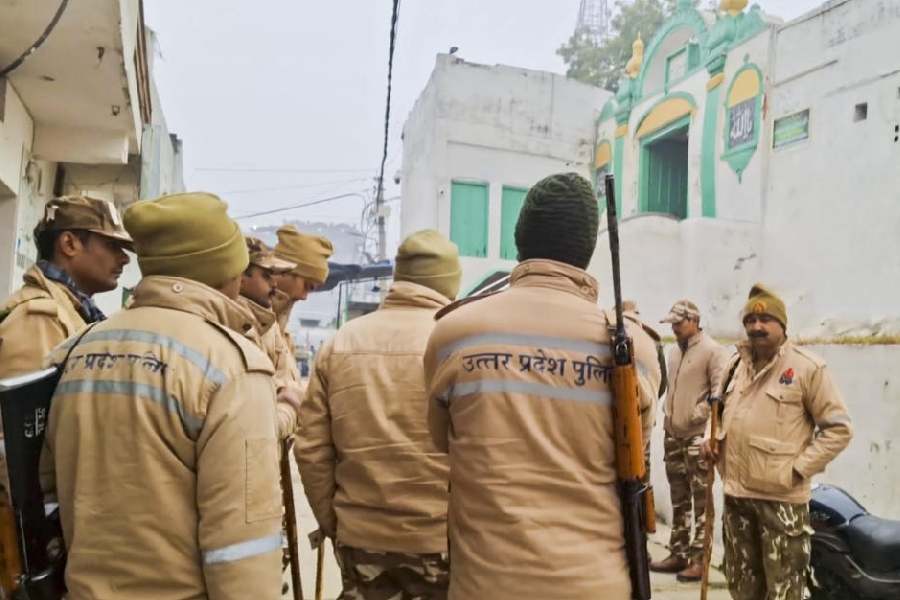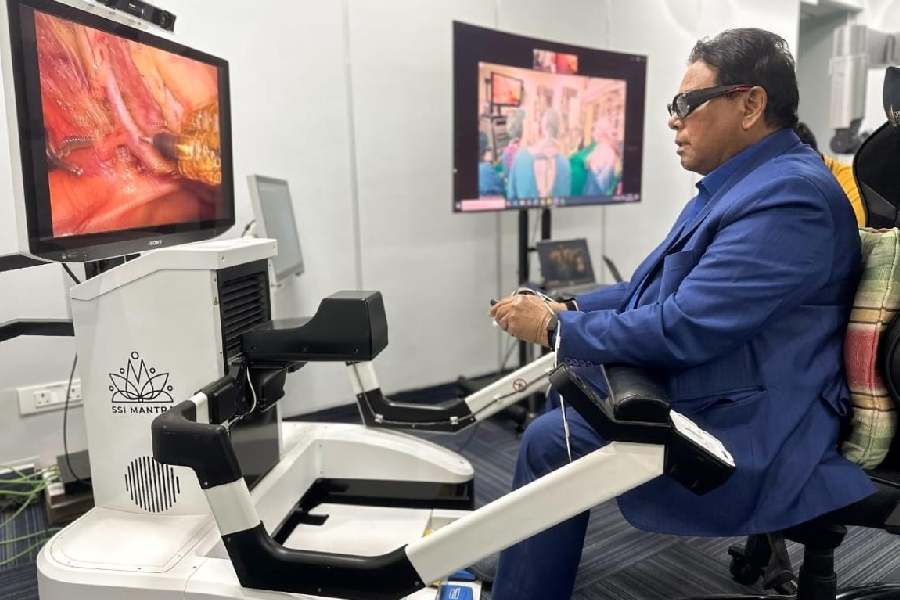Many parts of the world are seeing a slow but systematic erosion of what was known as the liberal order. Not that the order was uniform across the nations where it was observed but the key components of that order were some form of functioning, representative democracy, a reasonably free market with private property and voluntary economic transactions, the rule of law, and a formal recognition of individual freedom and equality. Actual outcomes varied with different degrees of imperfection noticeable in the combination of components of the de facto social contract of that country. It was accepted as the most desirable social state with equality of opportunities, support from the State in the event of acute destitution, and a multi-party democracy with governments changing through the electoral process. It was the bulwark of a stable capitalist order.
This bulwark has been showing cracks over the past two or three decades. Much of the pressure has come from within and not from any external threat of a foreign enemy, or a takeover by a military dictator, or a popular revolution overthrowing an elected government. Elected governments have systematically eroded the rule of law while electoral processes have become unfair and subject to cheating and violence. Economic inequality has become unacceptably high, creating distortions in opportunities. Markets are increasingly controlled by monopoly elements, with the captains of industry closely connected to the political powers that be. Individual freedoms are continuously violated through the stifling of dissent and the use or rather abuse of government agencies to terrorise citizens and companies alike if the leadership thinks fit.
India is no exception to this transformation; here too, the order has been changing from a liberal democracy to an illiberal one. The idea of India is also under transformation, from a secular, inclusive State that glorified diversity in thought, culture and faith to one that is based on one faith, one culture, and a strong nationalism that glorifies the nation state. The new, emerging India does not appreciate any criticism of this approach, with dissent being interpreted as derogatory to the nation.
If one reflects on the change and seeks its roots, one has to go back to the way independent India evolved under the successive Congress regimes that ruled India from Independence to about 10 years ago, albeit with interregnums in between. Throughout this period, the democratic process kept deteriorating with money power being a big influence in determining electoral outcomes. Though governments did lose elections and new governments were formed, the practice of changing political parties became more and more common. In most instances, these switches took place after the electoral process. Hence, people’s expectations from political processes were lowered with every election. Cynicism about politicians and the obvious signs of corruption eroded the faith people had in the formal rules of democracy.
The second trend that brought severe damage to democracy was the proliferation of political parties and the advent of coalition governments. No party would have a majority and the smaller ones, even with a handful of elected representatives in their camp, would exert significant power in the sense that they could make or break a coalition. When voting in an election, people could not discern any ideological programme or an economic programme that was credible. Hence voting became concentrated on short-term gains like specific rewards after the election or the outright purchase of votes before an election. The concept of vote banks emerged and the allegation of vote-bank appeasement began to be articulated. So, caste mattered, religion mattered, local geographies mattered and, above all, the promise of easy money dished out by the leaders mattered in voting preferences. A close friend of mine recollects his first tryst with Indian democracy as a twelve year old. He was taken by his father to a polling station in rural Bihar. His father and his associates brought out a couple of rifles and fired shots in the air which drove out the polling officials. My friend’s job was to keep stamping ballot papers with a particular symbol. The faster he did the stamping, the greater would be his reward in terms of chocolates earned.
Economic policies began to be based more and more on markets and less on planning for an inclusive, egalitarian society. Business families close to the ruling governments began to flourish. Monetary contributions mattered for electoral outcomes. Economic inequalities began to grow. With economic liberalisation came the rise of a new class that was educated, affluent and aspirational and cared very little for what happened to other people. The rich grew even richer. Inequalities in wealth and incomes have now reached obscene levels. Anyone in the informal labour force might lose his/her job and fall into poverty at any moment. There is a great deal of emphasis put on start-ups and entrepreneurship. They are supposed to be the job creators of tomorrow. But what is not well-known is that only a handful of start-ups actually succeed. Jobs for domestic helps and security guards are proliferating. There are a few jobs available for programmers and code writers and perhaps software engineers. Many of the standard jobs are on the way out with the coming of Artificial Intelligence and machine learning. Technology has played its part too in these transitions: it has made people self-centered and narcissistic.
There are also a few existential threats that human beings still do not fully comprehend, leading to a deep sense of insecurity. These are the threats of ecological disaster, technological disruptions like AI and, of course, global warming. The easiest way out of such threats is seemingly to believe in a strong leader who has the ability to navigate the choppy waters.
There has been growing concern for security, especially in jobs and livelihoods. There is also a search for a strong leader who might be able to mend things and restore confidence in the system. Hence, the appeal of a messiah who proclaims that the nation was glorious once upon a time and says that state of affairs can be attained again appears to be credible and alluring. The strong leader is thus admired as a saviour. Narendra Modi in India, Donald Trump in the United States of America, Recep Erdogan in Turkey, Viktor Orbán in Hungary are some examples of such strong leaders. Modi’s popularity is based on the rejection of the Congress’s liberal democratic way of organising the nation state. The Congress was never decisive about what its vision of a new India was supposed to be. The dithering led to the creation of a new vision of India that is decisive, absolutist and majoritarian. Even as a few strong men rule, the rest do not care as long as their smart phones keep beeping; else they are happy to leave the decision-making to others. The tragedy is that few really understand the changes that are taking place and most do not care.
Anup Sinha is former Professor of Economics, IIM Calcutta











